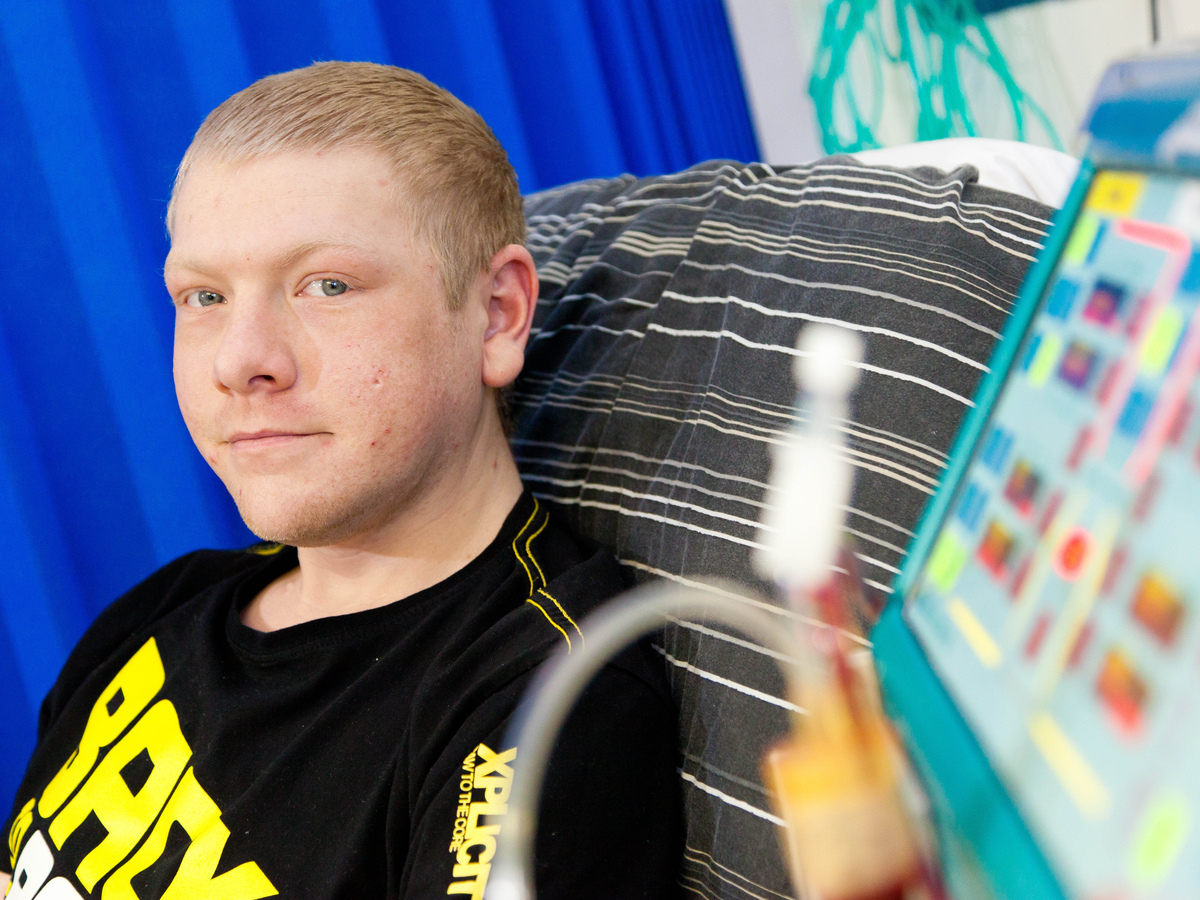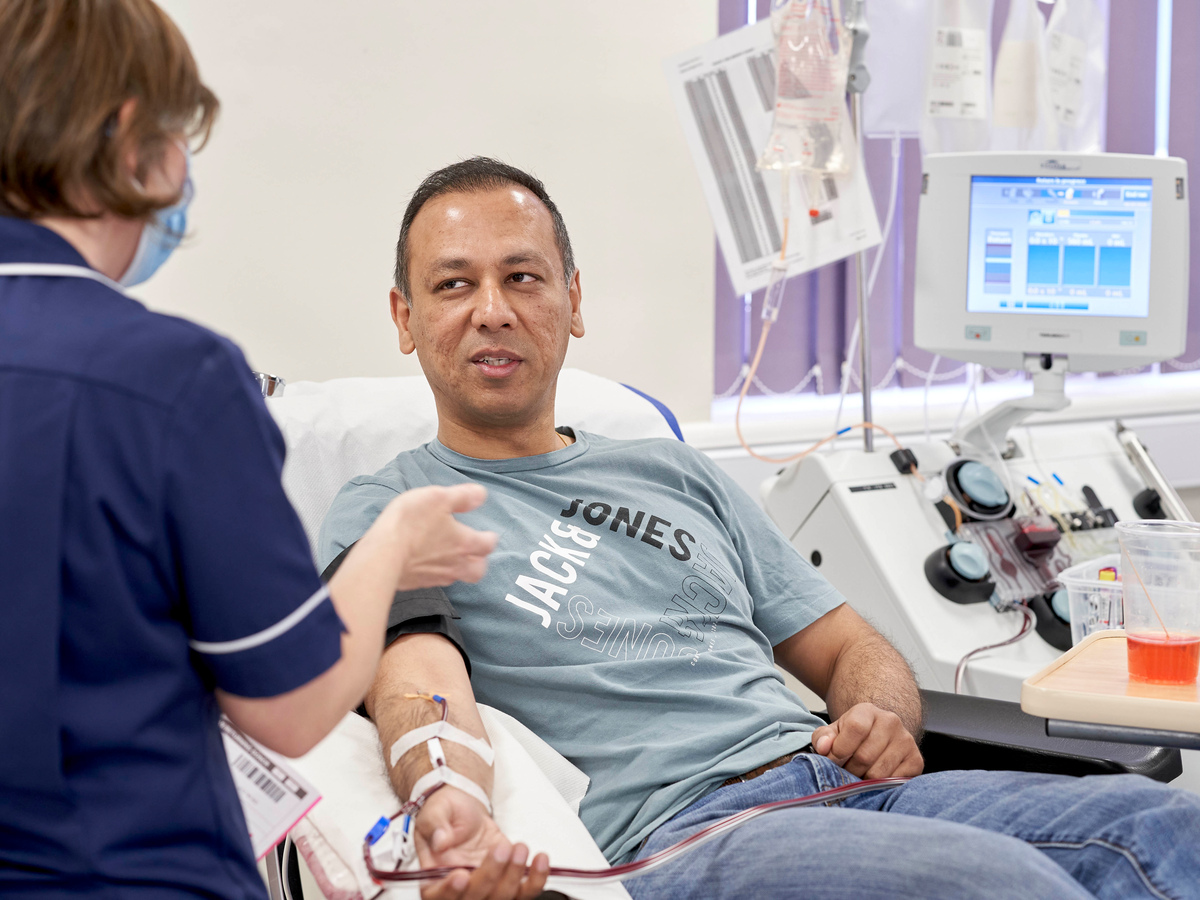Alternatives to a kidney transplant
If a kidney transplant is too risky, there are other options
Key points
- Not all patients with kidney failure are suitable for kidney transplantation
- Other treatments may be better for some patients
- These include dialysis or treatments to control the symptoms of kidney failure
- Talk to your kidney doctor about the right treatment for you
Other treatment options
 Dialysis
Dialysis
Dialysis is a treatment that removes waste products and excess fluid from your blood. There are two types of dialysis. Haemodialysis is where the toxins in your blood are removed directly from your bloodstream. Peritoneal dialysis is where the toxins in your blood are removed through the lining of your tummy (abdomen).
 Treatments to control your symptoms
Treatments to control your symptoms
If you have other serious illnesses or are very frail, you and your family may decide to control the symptoms of kidney failure. This may include different medicines, supportive care or lifestyle changes. Your kidney team will be able to set up the right care plan for you.
Some patients need more than one type of transplant
 Combined transplants
Combined transplants
If you have other organs that are seriously diseased, you might need more than one type of organ transplant. Some patients with diabetes and kidney failure can have a combined kidney and pancreas transplant. Rarely, kidney transplants can be performed at the same time as a heart, lung, liver or small bowel (intestinal) transplant.
Discuss your options with your doctor
Speak to your kidney team to find out what treatment is best for you.


